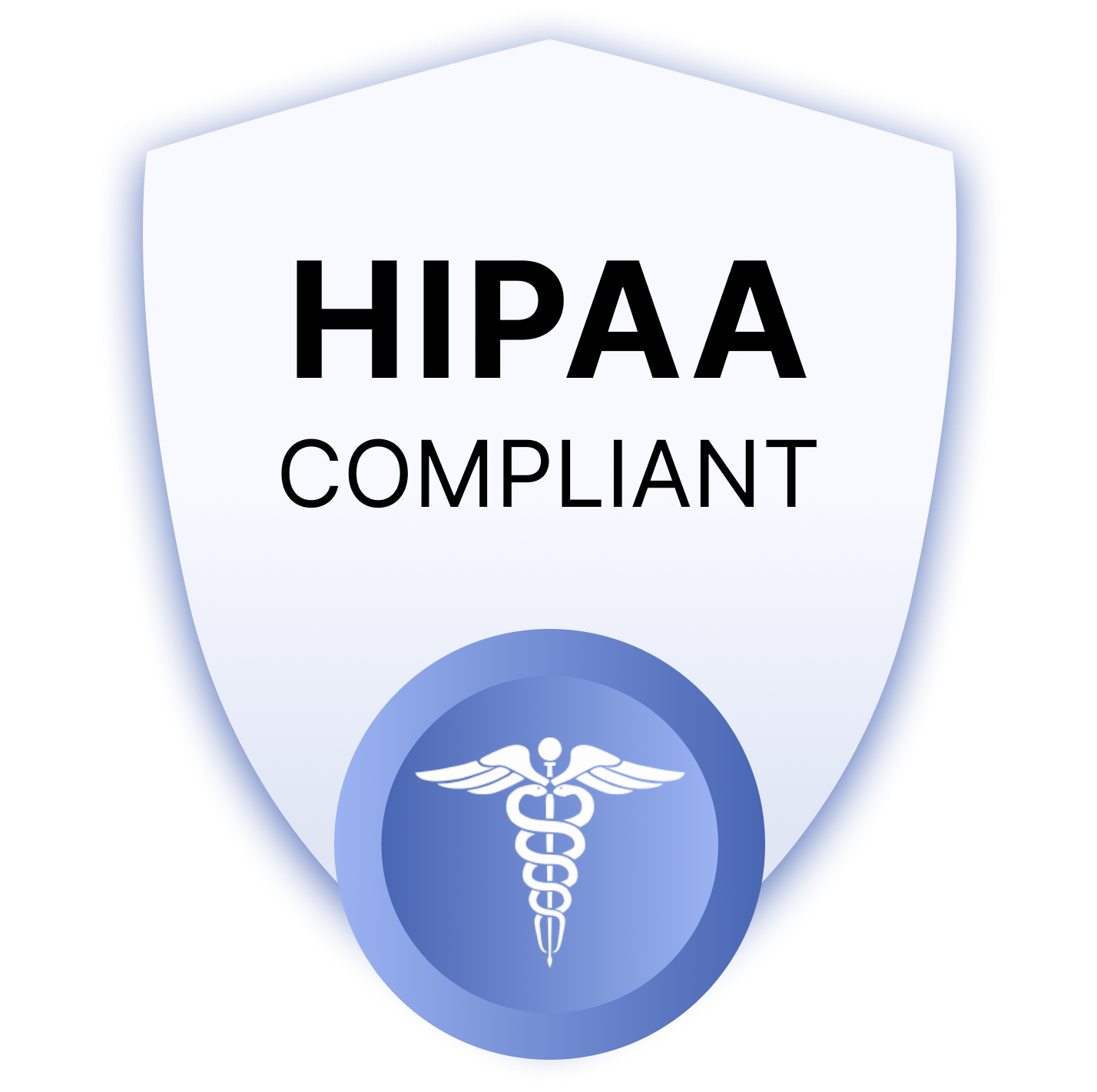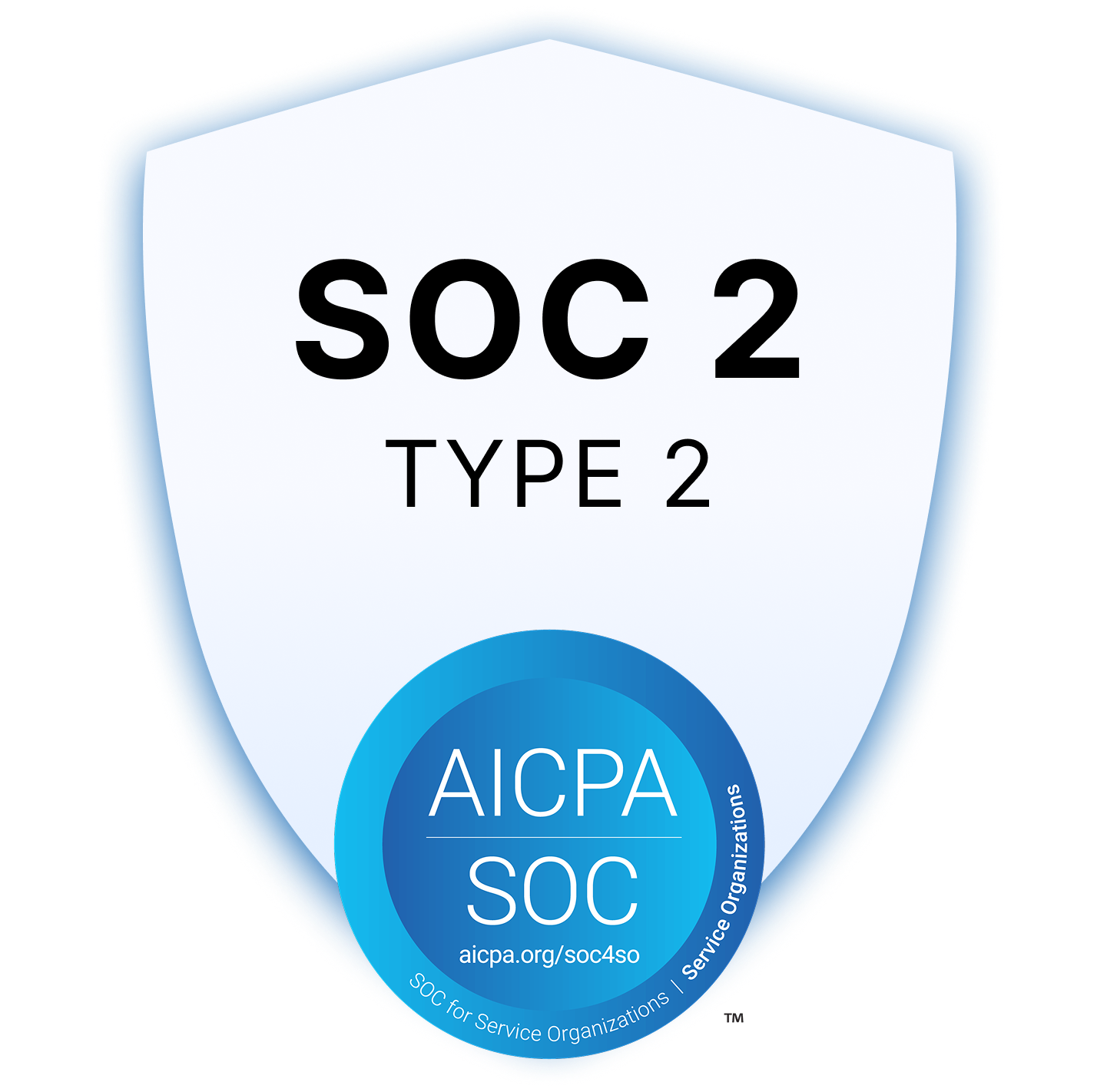
HIPAA Compliance
8 mins
What are the HIPAA Exceptions? 2025 Guide & Full HIPAA Exception List
Summary
Your Competitors Are Embracing AI – Are You Falling Behind?
The Health Insurance Portability and Accountability Act (HIPAA) is a critical framework designed to safeguard personal health information. However, there are specific circumstances where the stringent privacy and security rules of HIPAA are lifted, known as exceptions to HIPAA.
These exceptions are crucial for facilitating certain activities that range from public health to law enforcement needs, providing balance between protecting patient privacy and allowing necessary information flow.
In this article, we will explore the HIPAA exceptions list and the impact they have on both healthcare entities and individuals, detailing situations where information disclosure is permissible without patient consent.

What Are the Exceptions to HIPAA?
The Health Insurance Portability and Accountability Act (HIPAA) sets the standard for sensitive patient data protection. However, specific situations warrant exceptions to these stringent privacy rules.
HIPAA Privacy Rule Exceptions
Under HIPAA, the Privacy Rule is designed to protect the privacy of individually identifiable health information, yet exceptions do allow this information to be disclosed without the individual’s consent. For instance, HIPAA regulations permit disclosures that are necessary for facilitating treatment, payment, and health care operations. Entities may also disclose information for certain public health purposes such as reporting of disease or injury, vital events like births and deaths, and to conduct public health surveillance and interventions.
HIPAA Public Health Exceptions
When it comes to public health, HIPAA recognizes that sharing protected health information (PHI) can be crucial. Public health authorities are legally authorized to collect or receive information for the purpose of preventing or controlling disease, injury, or disability. This includes the management of public health emergencies, where entities may disclose PHI to entities like the Centers for Disease Control and Prevention or state health departments without individual authorization.
HIPAA Emergency Exceptions
HIPAA also contains emergency exceptions where PHI can be shared to prevent or lessen a serious and imminent threat to the health and safety of a person or the public. This includes sharing information with disaster relief organizations or persons able to prevent or mitigate the threat. Emergency situations may suspend some HIPAA regulations temporarily, especially if they hinder the care for the patient or the resolution of the public health emergency.
HIPAA Exceptions to Confidentiality
There are specific scenarios where the confidentiality established by HIPAA can be overridden. Such exceptions include when disclosures are required by law, such as with judicial and legal proceedings, law enforcement purposes, or matters of workers' compensation. Additionally, entities may disclose PHI to avert a serious threat to health or safety or to assist in identifying or locating a suspect, fugitive, material witness, or missing person. Exemptions are also made for informing next of kin as outlined in the HIPAA Privacy Rule or for specific research purposes under certain circumstances.
The Importance of Understanding the HIPAA Exceptions
The Health Insurance Portability and Accountability Act (HIPAA) provides federal protection for personal health information. However, understanding HIPAA exceptions is crucial for healthcare providers, insurance companies, and patients. These exceptions serve vital functions and are designed for specific scenarios where adhering strictly to HIPAA might limit essential healthcare operations or impede public safety.
Firstly, knowledge of these exceptions allows providers to navigate complex scenarios where information sharing is necessary without the patient’s explicit consent. For instance, during emergencies, a practitioner can disclose information if it's believed to prevent a serious threat to someone's health or safety.
Secondly, for healthcare practitioners, familiarizing oneself with exceptions under HIPAA ensures that compliance is balanced with patient care. The HIPAA treatment exception illustrates this balance by allowing the necessary exchange of information to facilitate treatment without undue delay.
Thirdly, healthcare entities can avoid potentially hefty penalties for non-compliance by understanding the intricacies of these exceptions. Non-compliance can result in fines, and in cases of willful neglect, penalties can be substantial. Entities informed about exceptions are better equipped to operate within legal boundaries while maintaining efficiency.
When Can HIPAA Be Broken? Full HIPAA Exceptions List
The Health Insurance Portability and Accountability Act (HIPAA) sets rigorous standards to protect sensitive patient health information. However, specific scenarios fall under the HIPAA exceptions, allowing for the disclosure of information without the patient's authorization. Here is a comprehensive list of situations where HIPAA regulations may not strictly apply:
- Public Health and Safety: To prevent or control disease, injury, or disability and to report vital statistics such as births and deaths.
- Abuse, Neglect, or Domestic Violence: Informing government authorities if there are cases that require immediate attention.
- Health Oversight Activities: For audits, investigations, licensure, or disciplinary actions.
- Judicial and Administrative Proceedings: In response to a court or administrative order, subpoena, or other lawful processes.
- Law Enforcement Purposes: Under certain conditions to comply with legal mandates, identify or locate a suspect, fugitive, material witness, or missing person. This includes adherence to the HIPAA law enforcement exception.
- Decedents: Health information may be shared with coroners, medical examiners, and funeral directors.
- Organ and Tissue Donation: To facilitate organ or tissue donation and transplantation.
- Research: For research purposes, provided certain privacy safeguards are in place.
- To Avert a Serious Threat to Health or Safety: When necessary to prevent a serious and imminent threat.
- Specialized Government Functions: Military and veterans' activities, national security and intelligence activities, protective services for the president and others.
- Workers' Compensation: For workers' compensation claims.
These exceptions are in place to balance individual privacy with the need for public health and safety, legal processes, and certain administrative functions. Each exception has its own detailed conditions and scope, ensuring they are invoked appropriately and in compliance with the law.
What Is Not an Authorization Exception?
While there are specific circumstances where the Health Insurance Portability and Accountability Act (HIPAA) allows the disclosure of protected health information (PHI) without patient authorization, it's important to recognize situations that do not qualify as exceptions. Disclosures in these non-exempt scenarios would require a patient's explicit consent.
Situations Not Covered by HIPAA Exceptions
- Marketing Communications: Information should not be used for marketing purposes without patient authorization unless it meets the stringent criteria for the marketing exception.
- Sale of PHI: Selling PHI is not permitted without patient authorization, with few limited exceptions to HIPAA's Authorization Requirement.
- Disclosures to Employers: Employers are not entitled to their employee's health information from a healthcare provider without authorization, unless it is for specific workplace-related health activities.
- Non-healthcare Providers: Entities not covered under HIPAA, such as life insurers, employers without healthcare plans, and many mobile app developers, cannot access PHI without permission.
- Research Not Meeting Criteria: All research uses or disclosures that do not fall under the umbrella of HIPAA Privacy Rule's limited exceptions will require authorization.
Entities Required to Obtain Authorization
- Healthcare Providers: If the provider does not fit into the role of treatment, payment, or healthcare operations.
- Health Plans: Without sufficient justification related to the coverage or provision of care.
- Healthcare Clearinghouses: If the disclosure does not relate to processing health information.
It's essential to consult the full text of the HIPAA regulations or a legal expert to ensure compliance, as unauthorized disclosures can lead to penalties.
HIPAA Disclosure Exceptions: Key Takeaways
HIPAA, the Health Insurance Portability and Accountability Act, includes provisions for when protected health information (PHI) can be disclosed without patient authorization.
It is important to note that the principle of "Minimum Necessary" applies to most disclosures, requiring that only the information needed for the purpose is disclosed.
HIPAA allows for certain exceptions to the rule that PHI cannot be disclosed without authorization. These exceptions are designed to facilitate legal processes, protect public health, and ensure safety in situations of abuse. The principle of "Minimum Necessary" information applies to these exceptions, ensuring that privacy is still a priority when disclosures are made.
FAQs
When Does HIPAA Not Apply?
HIPAA does not apply in certain situations where an individual's health information is not being handled by "covered entities" or "business associates." For example, employers and some schools that are not healthcare providers are typically not bound by HIPAA regulations.
Who Is Exempt from HIPAA?
Generally, entities that are not considered "covered entities," such as life insurers, employers, and many schools and school districts, are exempt from HIPAA. Entities that do not transmit health information in electronic form in connection with a transaction for which the Secretary of Health and Human Services has adopted standards are also exempt.
How to Check Which State Laws Preempt HIPAA in a Given Area?
State laws that provide greater privacy protections or give individuals greater rights regarding their health information take precedence over the HIPAA Privacy Rule. To check which state laws preempt HIPAA, one should consult the state's Department of Health or legal experts.
Can HIPAA Information Be Shared with Law Enforcement? Can Hospitals Release Information to Police?
Under the HIPAA law enforcement exception, covered entities may disclose protected health information (PHI) to law enforcement officials in compliance with legal mandates or to aid in locating a suspect, fugitive, missing person, or witness.
What Is a HIPAA Compliance Exception to the Right of Privacy and Privileged Communication?
In certain circumstances, such as to prevent or lessen a serious and imminent threat to health or safety, a covered entity may disclose PHI without authorization. This is considered a HIPAA compliance exception to the right of privacy.
How Likely Is It That PHI Will Be Disclosed in a Freedom of Information Request?
PHI is protected and is not typically disclosed in response to Freedom of Information Act requests, due to the exemptions provided by HIPAA to maintain privacy of individuals' health information.
What Is the Duty to Warn Exception That Applies to Psychotherapy Notes?
Mental health professionals have a "duty to warn" if a client poses a serious and imminent threat to themselves or others, which overrides standard HIPAA privacy regulations concerning psychotherapy notes under certain state laws.
Does FERPA or HIPAA Apply to Elementary Student Health Records Maintained by a Health Care Provider Not Employed by the School?
If a health care provider not employed by the school maintains health records, HIPAA may apply. However, if the school employs the health care provider, the Family Educational Rights and Privacy Act (FERPA) typically applies instead of HIPAA.
Where the HIPAA Privacy Rule Applies, Does It Allow an External Healthcare Provider to Disclose PHI About a Student to a School Nurse or Physician?
If a school nurse or physician is considered a covered entity under HIPAA and requires information for treatment purposes, an external healthcare provider is permitted to disclose PHI without authorization according to the HIPAA Privacy Rule exceptions.
Here's how to automate everything from intake to billing. Faster care, fewer errors, no developers needed.
Related Articles












